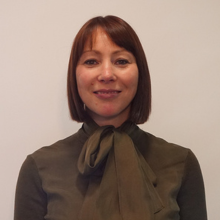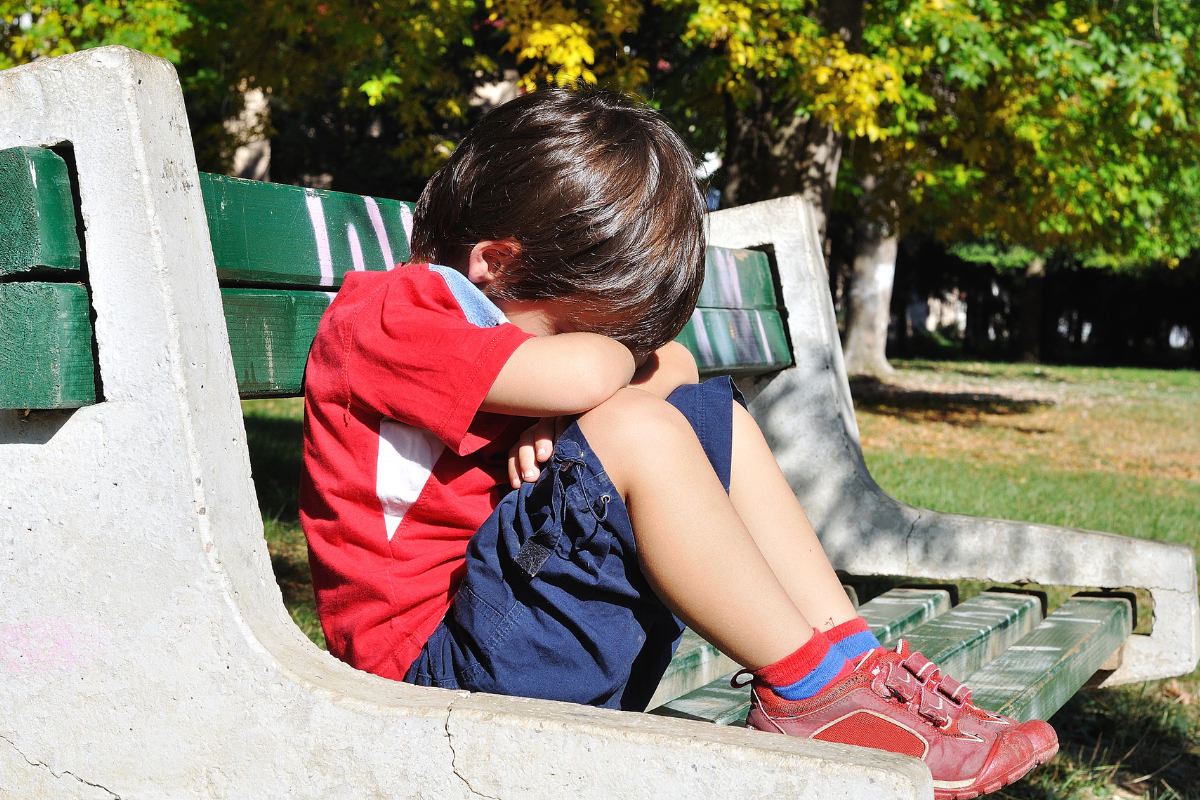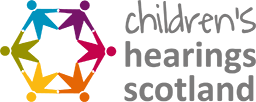
Helping build a trauma-informed system

Tracey Sharp
Area Support and Improvement Partner (Central and West Lothian)
Around four years ago, the Scottish Government set out an ambition that the workforce and services across our country should be trauma informed. As a Non-Departmental Public Body with more than 2,500 volunteers who work with more than 10,000 children every year, we have a major responsibility to help fulfil that ambition.
Children’s Hearings Scotland (CHS) has committed to minimising the impact of trauma on infants, children, young people, families and carers within the Children’s Hearings System, and on our volunteer community and paid staff. For the past year I’ve been leading our work to achieve this.
Widespread experience
Psychological trauma including adverse and traumatic experiences in childhood and adulthood is more common than many people might assume. Two-thirds of children in Scotland experience violence, physical abuse, or other traumatic events before the age of eight, and one in 10 children has experienced three such traumatic events in their lifetime.
Given that there are around 900,000 children in Scotland, that means 600,000 have experienced trauma before they are eight and 90,000 have experienced three traumatic events in their lifetime.

Trauma-informed practice
Children who have come into the Children’s Hearings System have often experienced significant trauma in their lives. Trauma can impact a child’s development, relationships and future opportunities. As such it is essential that those working within the system, both as paid staff and volunteers, understand and implement trauma-informed practice.
Trauma-informed practice is a way of working that recognises the prevalence and impact of trauma and responds by creating a safe and supportive environment. It not only takes account of the effects of previous trauma, but also seeks to avoid re-traumatisation through interactions with the Children’s Hearings System, and to promote healing and recovery.
By adopting trauma-informed practice we can:
- Create a safe and supportive environment
Children who have experienced trauma may feel unsafe and vulnerable in new environments. So the Children’s Hearings System should prioritise creating a welcoming and supportive environment. This includes being respectful, responsive and empathetic in all interactions with children and their families.
- Focus on strengths
Trauma can impact a child's sense of self-worth and self-esteem. By focusing on a child's strengths, the Children’s Hearings System can help to rebuild their confidence. This involves recognising and celebrating a child's skills, talents and achievements, rather than focusing solely on their problems or challenges.
- Be mindful of triggers
Trauma can create triggers, which are events or situations that remind a child of their traumatic experience. These triggers can cause a child to feel overwhelmed, anxious or distressed. The hearings system should be aware of potential triggers and seek to avoid them where possible. Where triggers are unavoidable, the Children’s Hearings System and courts should be prepared to offer support and reassurance.
- Practice active listening
Active listening involves being fully present and engaged in a conversation with a child. This means listening to what they are saying, validating their feelings and responding with empathy. Active listening can help to build trust and rapport with children and their families and create a sense of safety and support.
- Use trauma-informed language
The language used within the Children’s Hearings System can impact a child's sense of safety and security. Trauma-informed language is sensitive, respectful and empowering. This means avoiding language that blames, shames or stigmatises a child or their family.
Delivering trauma-informed practice in Scotland's Children's Hearings System is essential to support children who have experienced trauma. By creating a safe and supportive environment, focusing on strengths, being mindful of triggers, practising active listening, and using trauma-informed language, the Children’s Hearings System can help to promote healing and recovery for children and their families.
Long-term commitment
We have been working closely with NHS Education for Scotland (NES), which has been leading the delivery of the Scottish Government’s vision of a trauma-informed nation, and whose work has informed our own approach.
Building a trauma-responsive Children’s Hearings System is an ambitious aim, and it is recognised that this cannot be achieved in the short term: it is a short-, medium- and long-term commitment. Within CHS we are very much at the beginning of this journey.
A key near-term goal is for 80% of CHS volunteers to have completed our ‘Sowing the Seeds’ training on trauma by the end of June. The training is available to our Panel Community via the CHS Learning Academy. CHS also has a wellbeing programme for volunteers called Health Assured.
Trauma-informed practice is not a one-size-fits-all approach, and each child's needs and experiences will be unique. However, by prioritising trauma-informed practice, everyone involved can help to create a more supportive and compassionate system for vulnerable children in Scotland.
